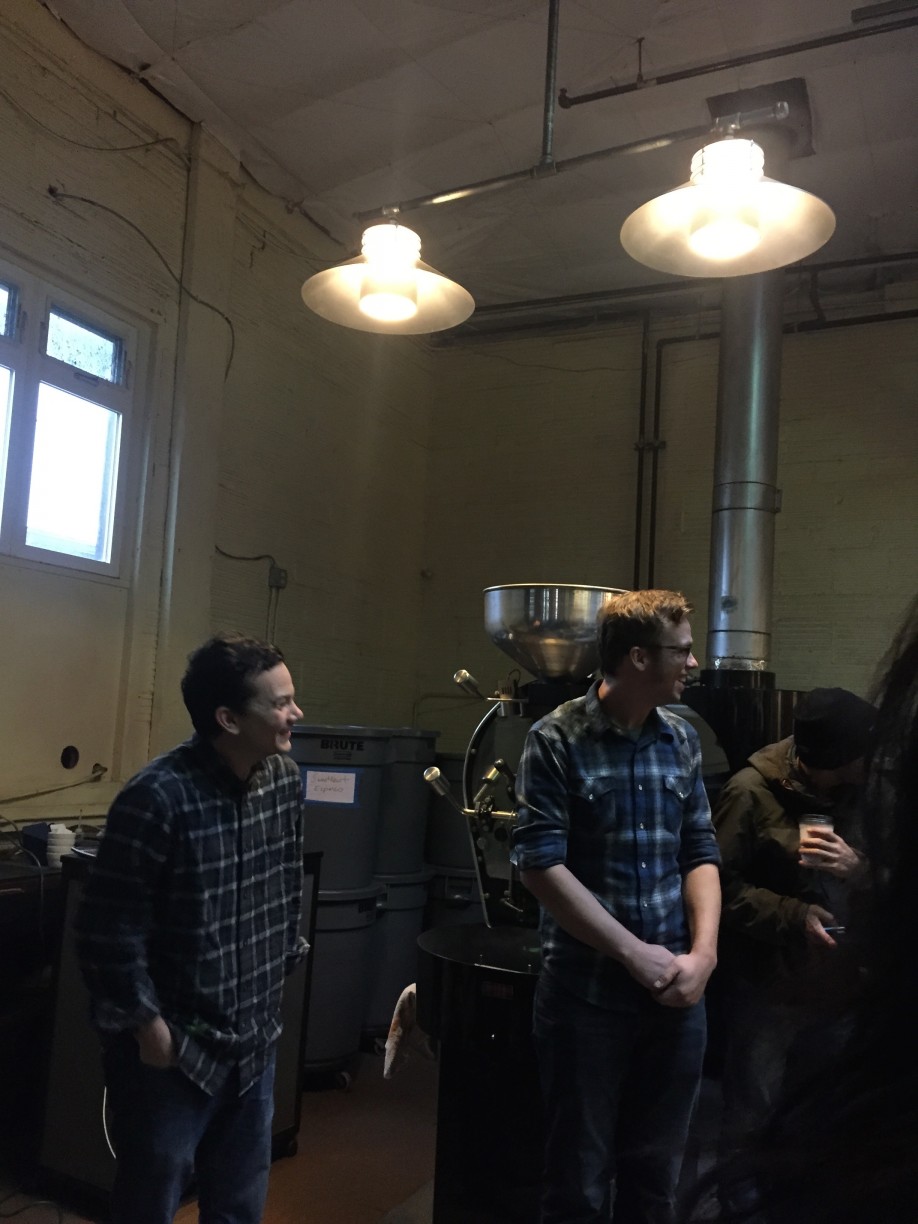| Water Availability | “Water has become the most important commodity in the future”
An increase in more stringent water laws, has brought about various new forms of bean processing. As a primary example, Steve discussed how the progression of the privatized coffee sector in Costa Rica has lead to honey processing. This new process uses honey instead of water to wash the cherry after it is picked. As a result, Steve continued to explain how the process contributed to the produced flavor of Costa Rica’s coffee, stating that it “turned its flavor on its heels” |
| The three wave movement | The evolution of the coffee industry also was presented at Oly. Here Steve discussed how the general demand has shifted from a cup of coffee toward specialty coffee with an increased awareness of the origin and an increased attention to fair practices and ethical principles that benefit not only the people but also the environment. The first wave was seen with a popularity of instant, cheap coffees such as Folgers and the like. The second wave was introduced by large corporate coffee companies such as Starbucks which introduced darker roasts and expresso blends in response to Folgers. The final, most recent wave which we are now experiencing, Steve characterized by speculate coffees like those sold at Oly. This third wave is characterized by local production and an emphasis on the specific production of a certain cup. Another defining characteristic of the third wave is an increased demand for fair practices. The consumers of specialty coffee are willing to pay higher for coffee that was traded directly between the roaster and farmer. This also entails fair land practices, those which cause the smallest environmental damage. |
| Terroir | “Terroir plays the smallest role in what you taste in a cup of coffee” Both Evergreen Grads explained the diminishing importance of where the bean was grown as it went through roasting and reached the cup. The most important factors, Steve explained, are the varietals used and the processing (i.e. washing and roasting). Terroir tasted in a cup of coffee is, however, still mainly attributed to the altitude and soil in which the bean was grown. Although this favor is manipulated and diminished as it is, primarily, washed, a bean grown at a higher altitude ripens slower in highly acidic, volcanic soils, and therefore will be naturally sweeter. This, and coffee’ ability to only grow between the Tropic of Capricorn and Cancer, is also the reason most to all coffee comes from the plateaus of Ethiopia. |
Group 9 – Fall Quarter 2015

